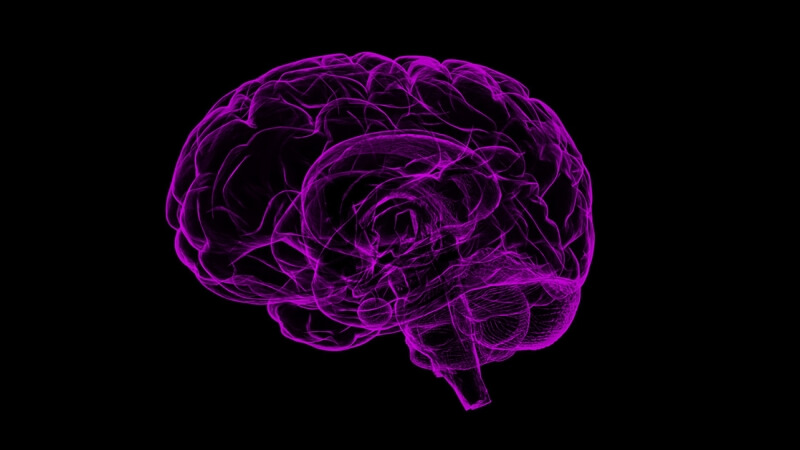Today's blog post is by Eric Loken, Criteria's Chief Research Scientist and a member of Criteria's Scientific Advisory Board. Eric plays a leading role in the development of Criteria's employment tests.
Last week there was an article in the New York Times that described a study finding that intelligence might not be the constant, innate quality that it is usually assumed to be. Researchers at Michigan showed that when a group of participants practiced a challenging cognitive task for two to three weeks, they scored better on a standardized measure of intelligence.
At first this sounds like the kind of obvious effect that commercial test preparation companies pass off as a marketable service. It's well known that if you take a group of students and give them practice SATs over and over again, their scores will go up slightly, even if they haven't paid $1,000 for the privilege of practicing.
But the Michigan study is different because they showed something called transfer. The participants in the study started by taking a matrices pattern test, supposed to be a culture-free intelligence test where success doesn't depend on the kind of skills and knowledge developed in school. Then they trained on a difficult attention and working memory task called the n-back test (Criteria's MRAB aptitude test contains a very similar task). The participants in the training group were pushed 20 minutes a day for up to 19 days to get better on this task, and they did. (Now the control group during this time was basically doing nothing which is a bit of a flaw in the experiment, but we'll let that go for now.)
The point of the study is that the matrices intelligence test is a different task from the one the group was training on, and yet the training transferred over to yield improved performance. This study caught our attention for a few reasons. First, the control group showed improvement in their matrices test scores (despite just sitting around). In general, people don't perform at their best the first time they take a test, and they will improve the second time around just because of practice or familiarity. This is something to keep in mind with employee testing — if for whatever reason you have to give a candidate a test for a second time, even if you use a different form of the test you shouldn't be surprised to see a mild improvement over the first score (this is sometimes called the "practice effect.")
But the most important finding of the study is that the group who practiced the memory task improved their scores by a wider margin. It's interesting to think about what the study says about the effects of the workplace on intelligence. Employers are obviously looking for intelligent employees who will have a positive impact on their organization. Employers should also keep in mind that the workplace environment will impact the intelligence of the employees. We're not sure it would serve the interests of productivity to set aside 20 minutes a day for "cognitive training" (although similar proposals exist in the interests of maintaining employee health and thus reducing healthcare costs). But it is worth remembering that a challenging work environment will likely keep skills and minds sharp.
This study is the latest in the age-old debate over "brain plasticity" and the extent to which our mental ability is fixed. We'll probably have more discussion on this topic as we keep track of which way the pendulum is swinging.




